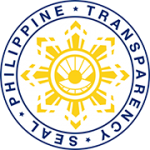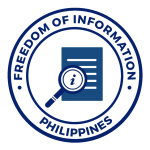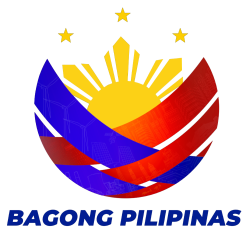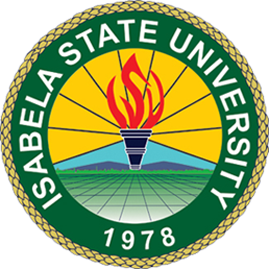INSTITUTE OF PUBLIC ADMINISTRATION AND GOVERNANCE
College of Business, Accountancy & Public Administration
ISABELA STATE UNIVERSITY
Echague, Isabela
PA 121 (Introduction to Public Administration)
COURSE OUTLINE
JOAN TOMAS-RUIZ, DPA
Subject Professor
Vision of the University
A leading research university in the ASEAN Region.
Mission of the University
The Isabela State University is committed to develop globally competitive human, technological resources and services through quality instruction, innovative research, responsive community and engagement and viable resource management programs for inclusive growth and sustainable development.
Goals of the College
The College aims to equip its students with the necessary conceptual, human and technical knowledge, skills and competence in the different field of specialization in preparation for their complex function as professionals and responsible citizens in the world of work.
Program Objective (BPA)
Bachelor of Public Administration (BPA) aims to develop public servants who have the required knowledge, values and skills to serve as professionals in government and civil society.
COURSE OUTLINE
Course Description
Understanding of the language and basic concepts of public administration and its development as a field of study.
Course Objectives
After completing this course, it is expected that students will:
- learn the nature, basic concepts and theories of public administration as an academic discipline and as a profession,
- be able to explain how public administration, as a field of study and as a profession, evolved in the Philippines,
- be able to identify and discuss the various functional areas of public administration as these are reflected in the BPA curriculum,
- appreciate how public administration, as an academic discipline and a profession, contributes to the achievement of the country’s national development efforts and the Sustainable Development Goals (SDGs), and
- be able to utilize basic public administration concepts to analyze national and local issues as citizens and as future officials of national and local government or non-government institutions.
Methodology
The learning process for this course will rely on lecture discussions, and group discussion on specific topics, and a field trip or study tour to a government agency may be arranged. Students are strongly encouraged to keep abreast with current events and local and international issues which will enable them to better understand how concepts discussed in class may be used to analyze day-to-day developments in government.
Course Requirements
- Three long examinations: Preliminary, Mid-term and Final Examination: 50%
- Quizzes: 20%
- Article Review: 10%
- Attendance and participation in class and group discussions: 20%
Topic Outline
Chapter I. The Nature, Meaning and Development of Public Administration as a Discipline and as a Profession
- What is Public Administration, What is Governance?
- Development of PA as a Field of Study
Chapter II. Public Administration and Development
- Sustainable Human Development
- Sustainable Development Goals
Chapter III. Functional Areas of Public Administration
Chapter IV. Ethics and Accountability in Public Service
- Ethics in the Public Service
- Accountability in the Public Service: Role of Citizens and Administrators
References
Bihasa, C. R. (2015). Introduction to public administration. Book Atbp. Pub.
Khan, H. (2018). Globalization and the Challenges of Public Administration: Governance, Human Resources Management, Leadership, Ethics, E-Governance and Sustainability in the 21st Century. Palgrave Macmillan.
PSPA. International Conference Proceedings: Compendium of Abstract. 2018.
Racz, K. Risk Management in Public Administration. 2017.
Reyes, D. d., Tapales, P. D., Domingo, M. Z., & Villamejor-Mendoza, M. (2015). Introduction to Public Administration in the Philippines: A Read, Third Edition, Volume I. National College of Public Administration and Governance, University of the Philippines.
Roy, R. (2016). Public Administration: A Very Short Introduction. Oxford University Press.
Torneo, A. (2020) Public administration education in the Philippines 1951-2020: History, challenges, and prospects, Journal of Public Affairs Education, 26:2, 127-149, DOI: 10.1080/15236803.2020.1744066
UNDP Human Development Reports.
UNDP. Governance for Sustainable Human Development.
http://www.gov.ph; http://www.undp.org, http://www.adb.org, http://www.pids.gov.ph
Note: Other reading materials may be assigned from time to time.




